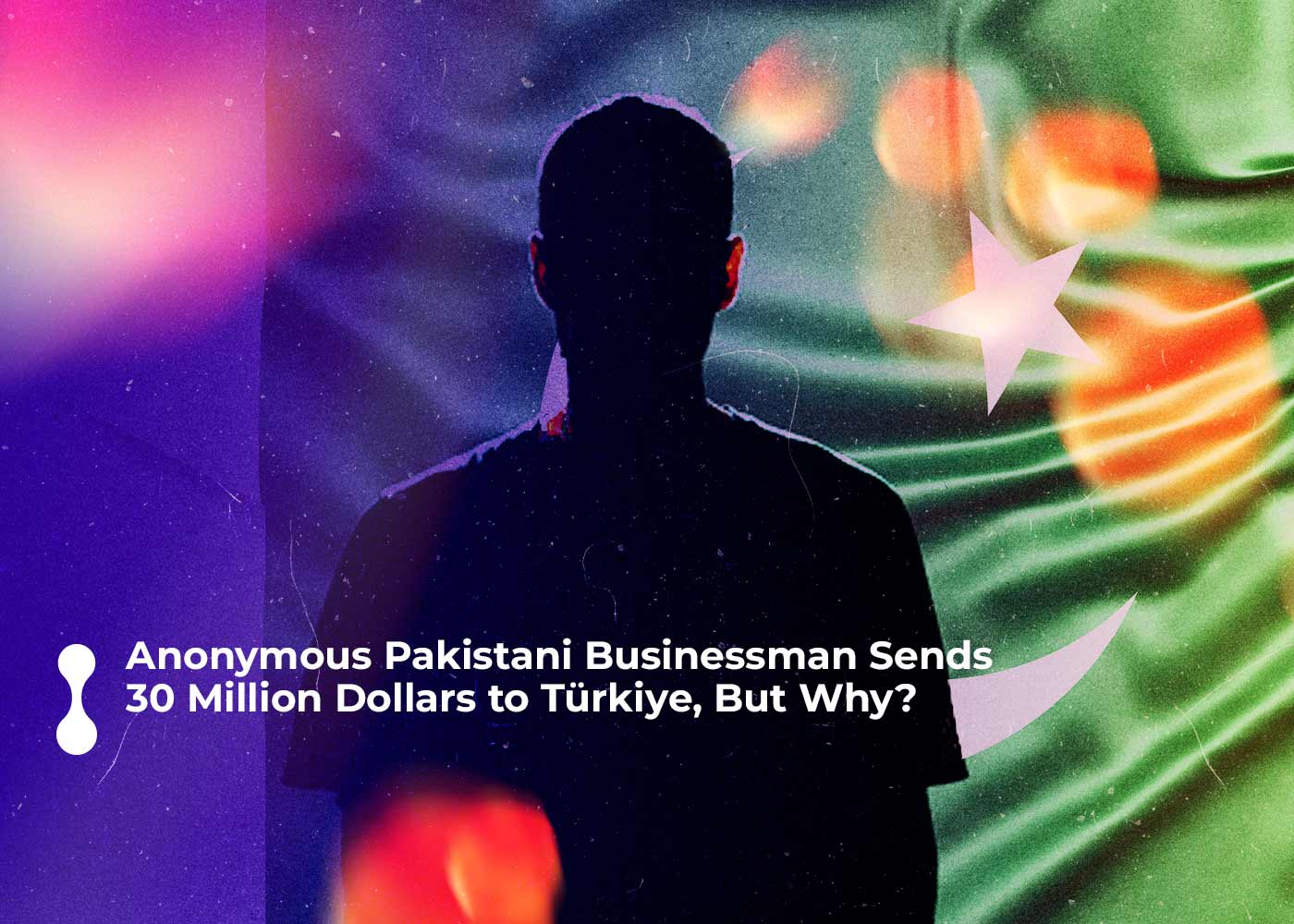Pakistan is facing a dire financial predicament, with its foreign currency reserves barely surpassing $3 billion. To avoid defaulting on payments and avert any further economic ruin in Pakistan, an agreement must be made between the country’s government and the IMF – unlocking more aid from their proposed $6.5 billion program. While some may question why one anonymous Pakistani businessman could donate 30 million dollars to Türkiye and Syria during an economic crisis, this aid remains essential for such struggling countries.
Pakistani Are Wondering Why Turkey Is Helped When There Is An Economic Crisis In The Country
Pakistani Prime Minister Shehbaz Sharif recently expressed his admiration and gratitude for an anonymous Pakistani national who visited the Turkish embassy in the US to donate a stunning $30 million in aid to support disaster relief efforts in Türkiye and Syria. He tweeted, “These remarkable acts of generosity exemplify our capacity as humans to overcome any challenge despite its gravity.” We are indeed deeply moved by this act of goodwill!

Pakistani journalists questioned why the unknown donor donated money directly to the Pakistan embassy in a strange turn of events since the country was currently undergoing an extreme economic crisis. Ayesha Siddiqa aptly tweeted, “Interesting that this philanthropist didn’t quietly walk into a Pakistani embassy and denote this money for flood relief. Wonder why?” Ihtisham ul Haq added humorously on his own tweet: “Lol, instead ask yourself a question that why he didn’t walk to the Pakistani embassy.”
IMF’s Agreement with Pakistan Is Very Critical for Pakistan’s Economy
Following the IMF’s visit, Pakistan and the international lender have agreed to keep talks alive to secure a loan from their $6.5 billion program. The Islamic republic must close this agreement as obtaining more funds would unlock additional aid, ward off defaulting on loans, and help replenish foreign currency reserves that are now below $3 billion.
The IMF has identified three major elements as critical to revitalizing Pakistan’s financial infrastructure: generating additional income, reducing untargeted subsidies, and allowing market forces to impact exchange rates. Unfortunately, Pakistani authorities have thus far demonstrated a preference for avoiding the need for increased electricity prices and gas price hikes in recent months. This decision could jeopardize the sustainability of their energy sector unless alternative measures are taken soon.
You might check: Iran and Russia are Adjourning Their Initiative on Transnational Payments of Digital Assets
